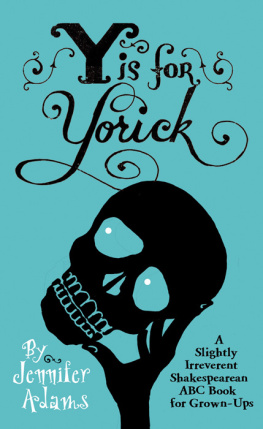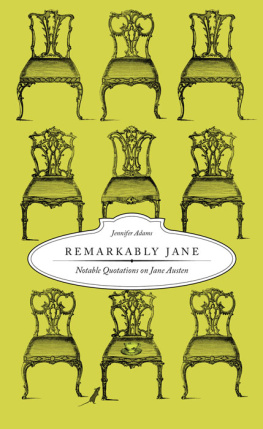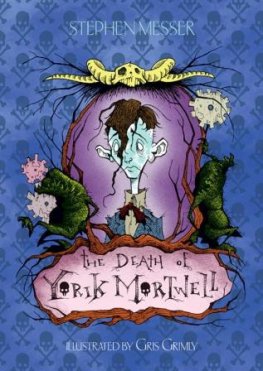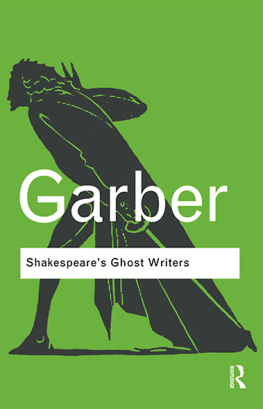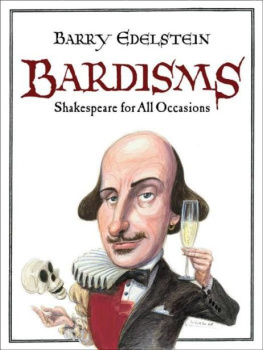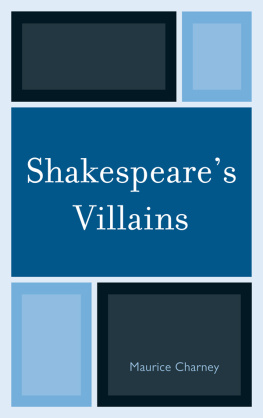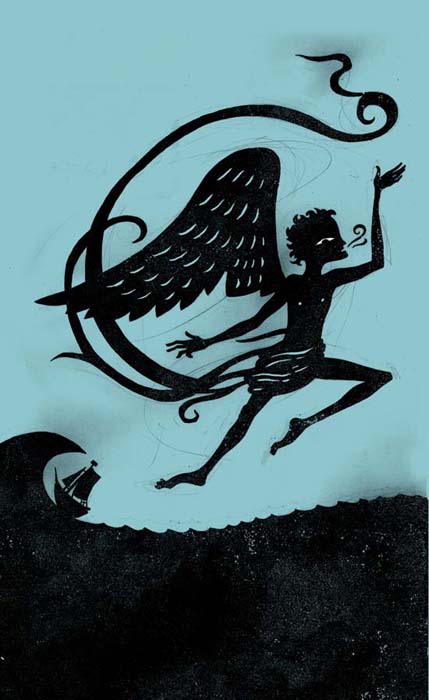All rights reserved. No part of this book may be reproduced by any means whatsoever without written permission from the publisher, except brief portions quoted for purpose of review.
Why Shakespeare Still Reigns
In 1592, Shakespeare was called by contemporary Robert Greene an upstart crow. Voltaire called the play Hamlet a crude and barbarous piece, which the lowest rabble in France and Italy would not stand for and the product of the imagination of a drunken savage. Yet with these notable exceptions, we are hard-pressed to find anyone who does not consider Shakespeare a genius. (Besides, keep in mind that Voltaire was French!) In fact, Shakespeare is fairly universally acknowledged as the greatest writer who ever lived. His plays have been translated into every major language and are performed more often than those of any other playwright. For more than four hundred years, the best writers and thinkers of the world tend to side with Sir Laurence Oliver, who said of Shakespeare that he is the nearest thing in incarnation to the eye of God.
William Shakespeare was born in 1564, lived in London and Stratford, and died at the age of fifty-two. He wrote thirty-seven plays, 164 sonnets, and several long poems. Unlike many of the greatest writers, he was successful in his own lifetime. The Bard was a working writer and actor who understood the balance between art and finance, a question artists and producers still struggle with to this day. Shakespeares work appealed to the masses as well as the elite: his plays were meant to be enjoyed by both prostitutes and the queen. He wrote with brilliance, depth, humor, clarity, and humanity.
Shakespeare borrowed plots and story lines, and his work is indeed the best example of plagiarism that is so elevated by the borrower that it becomes much more celebrated and memorable than the original. Many of his story lines were taken from earlier sources. He borrowed from history and from the writing of Petrarch. King Lear is based on the story of King Leir in Historia Regum Britanniae by Geoffrey of Monmouth. One of Prosperos speeches in The Tempest is taken word for word from a speech by Medea in Ovids poem Metamorphoses. Shakespeares retellings influence how we remember history as well. For example, we think of Macbeth as a murderer who was disastrous as a king, when actual history suggests Macbeth was a fair and able ruler. And history says Richard III had no physical deformities, but because of Shakespeare we remember him as a hunchback.
The plays of Shakespeare have become ingrained in us as part of our cultural identity. Who does not think of Romeo and Juliet as the greatest tragic lovers of all time? Doesnt think of Et tu, Brute? as the line of true betrayal? Doesnt see Hamlet as the ultimate contemplator of our existence in his speech: To be or not to be, that is the question.
Characters such as Hamlet, Othello, Ophelia, Richard III, Shylock, Puck, and Falstaff have entered our consciousness and taken up residence there.
Additionally, famous lines from Shakespeare abound in our daily vernacular: To thine own self be true, Beware the Ides of March, What fools these mortals be, Would a rose by any other name smell as sweet? Nothing can come of nothing, A horse, a horse, my kingdom for a horse! There is method to the madness, All that glistens is not gold, Brave new world, Parting is such sweet sorrow, We are such stuff as dreams are made on, and He was a man of infinite jest are quotations we use and hear perhaps without even realizing where they come from.
Shakespeare can be bawdy, risqu, and downright funny. Those who become overwhelmed by the Elizabethan English, or dont stop to listen to what he is actually saying, might be shocked at all the jokes they are missing about farting, all the insults, all the blatant sexual talk. Pillicock and clack-dish may pass you by if youre not listening closely, but all that talk of plowing furrows and sheathing swords should not. Venus glove is a fairly obvious reference; a three-inch fool quite the insult! And its hard to imagine hes referring to anything but sex in the injunctions to hang ones bugle in an invisible baldric or make the beast with two backs.
Shakespeare can also be romantically sublime. From Romeo and Juliet alone we read, But, soft! what light through yonder window breaks? It is the east, and Juliet is the sun. Arise, fair sun, and kill the envious moon, who is already sick and pale with grief, that thou her maid art far more fair than she. And My bounty is as boundless as the sea, my love as deep; the more I give to thee, the more I have, for both are infinite. And It was the lark, the herald of the morn, no nightingale: look, love, what envious streaks do lace the severing clouds in yonder east: Nights candles are burnt out, and jocund day stands tiptoe on the misty mountain tops. Can anything more beautiful have ever been written?
And Shakespeare makes us think. A brilliant portrayal of The Merchant of Venice , written almost four hundred years before the Holocaust, says more about Jews and Christians and how they interact and how a society can create people that behave in abhorrent ways and what is justice and what is mercy than perhaps anything written sinceall questions still relevant, all questions that have not and probably never will be satisfactorily answered, but all questions a society must examine. Othello teaches us about jealousy and rage and murder. All with a complex overlayering of questions about interracial marriage. King Lear shows the tragic result of stubbornness and pride, and what greed does to some, and the complexities of relationships between aging parents and their children. Shakespeare tackles the hardest themes: loyalty, prejudice, jealousy, revenge, pride, ambition, and war. Justice and mercy, love and hate, sex and death. Shakespeare is such a great writer in part because he is so contemporaryhis themes at once universal, modern, and timeless.
And then in the end it is the language! All these things presented in language you could listen to forever. The poetry and grandeur of it. Language like music, layered with so much meaning you could never unravel it completely.
Shakespeare is a prism into which we put our own questions, prejudices, ideas, and ideologies and out come a million different interpretations that make us view the world each time in a new light, in a new way. He makes us ask the hard questions, then makes us look deep within ourselves for answers.
As a playwright, a poet, a wordsmith, Shakespeare still reigns. There is no one who compares.
ABCs
A is for Ariel.
Ariel was a graceful, efficient, good servant whose acts led people toward better lives. Of course, Ariel was a fairy and was not real.
The Tempest

